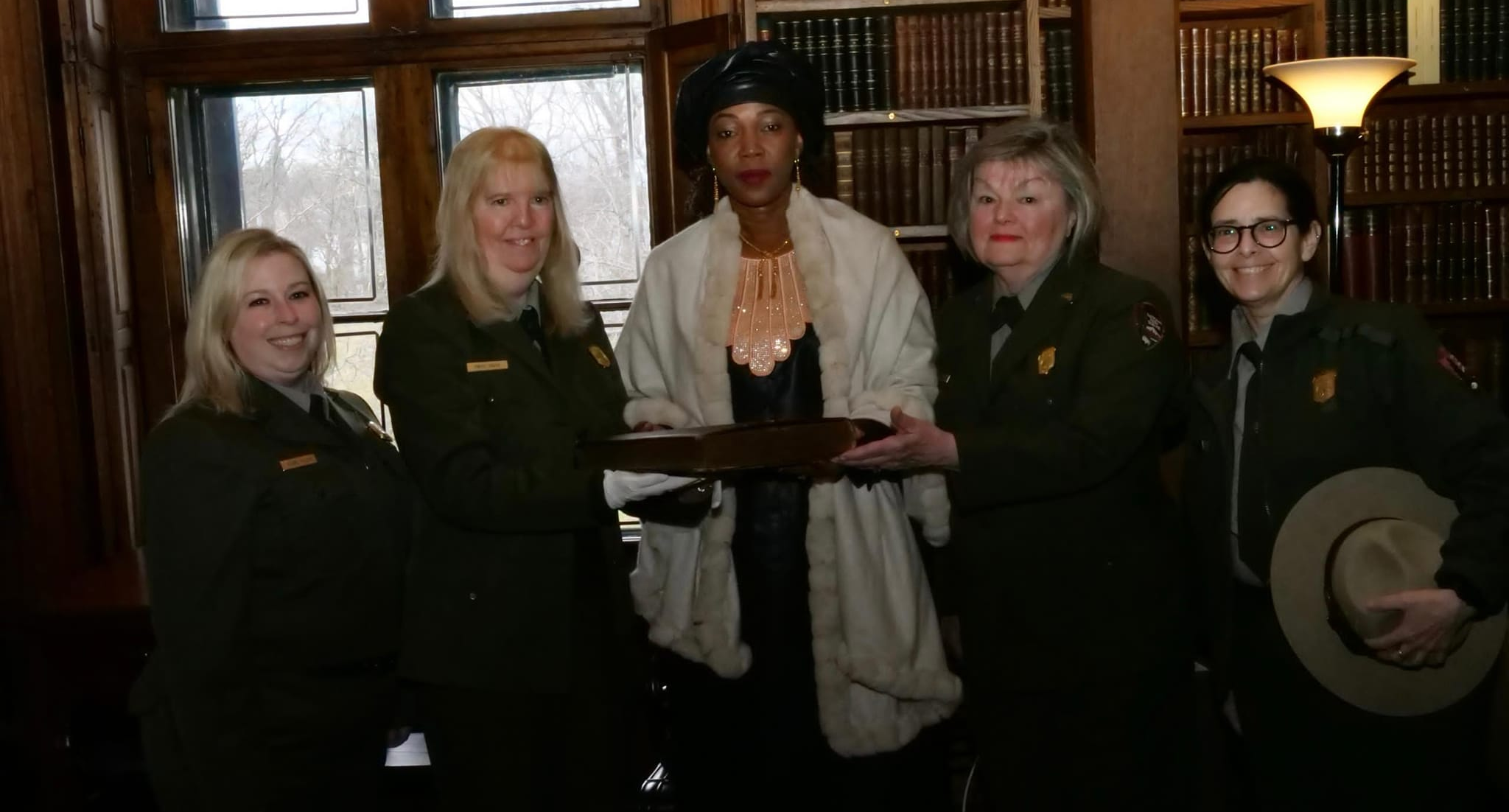Sierra Leone’s First Lady, Dr. Fatima Maada Bio has visited Quincy, resonating with the historical significance of the La Amistad case. It not only pays homage to the bravery and resilience of those who fought for freedom but also acknowledges the global impact of the struggle against slavery.

The visit serves as a commemoration of an essential chapter in both American and Sierra Leonean history. The La Amistad incident, with its connections to Quincy and the efforts of figures like John Quincy Adams, remains an inspiration in the ongoing fight against modern-day slavery and human trafficking.
Sierra Leone’s rich cultural heritage and natural resources have long defined this West African nation. Delving into its historical narrative, the infamous La Amistad case of 1839 emerges, where 53 Africans from Sierra Leone were kidnapped, leading to a transformative legal battle that reached the US Supreme Court.
The La Amistad incident, marked by the captives’ courageous act of seizing control of the ship, eventually found its way to the US Supreme Court. Former President John Quincy Adams championed their cause without charge, arguing against their unlawful enslavement.
In a landmark decision, the Supreme Court ruled in favor of the captives, a triumph for the abolitionist movement and a pivotal moment in the fight against slavery.
